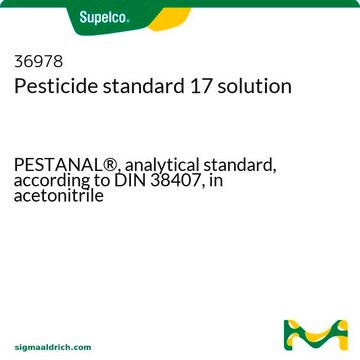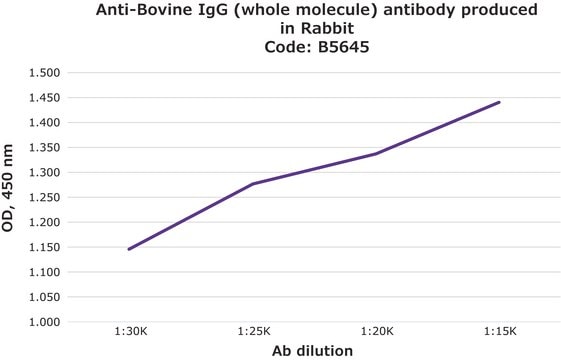P4749
Anti-PADI4 (N-terminal) antibody produced in rabbit

IgG fraction of antiserum, buffered aqueous solution
Synonym(s):
Anti-PAD4, Anti-PADI5, Anti-PDI4, Anti-Peptidyl Arginine Deaminase Type IV, Anti-Peptidyl Arginine Deaminase V
About This Item
Recommended Products
biological source
rabbit
Quality Level
conjugate
unconjugated
antibody form
IgG fraction of antiserum
antibody product type
primary antibodies
clone
polyclonal
form
buffered aqueous solution
mol wt
antigen 67 kDa
species reactivity
human
enhanced validation
recombinant expression
Learn more about Antibody Enhanced Validation
technique(s)
immunoprecipitation (IP): 2-4 μL using DMSO-treated HL60 cells
microarray: suitable
western blot (chemiluminescent): 1:500-1:1,000 using DMSO-treated HL60 cells
UniProt accession no.
shipped in
dry ice
storage temp.
−20°C
target post-translational modification
unmodified
Gene Information
human ... PADI4(23569)
General description
Immunogen
Application
Chromatin immunoprecipitation (1 paper)
Biochem/physiol Actions
Physical form
Disclaimer
Not finding the right product?
Try our Product Selector Tool.
related product
Storage Class Code
10 - Combustible liquids
WGK
WGK 3
Flash Point(F)
Not applicable
Flash Point(C)
Not applicable
Certificates of Analysis (COA)
Search for Certificates of Analysis (COA) by entering the products Lot/Batch Number. Lot and Batch Numbers can be found on a product’s label following the words ‘Lot’ or ‘Batch’.
Already Own This Product?
Find documentation for the products that you have recently purchased in the Document Library.
Our team of scientists has experience in all areas of research including Life Science, Material Science, Chemical Synthesis, Chromatography, Analytical and many others.
Contact Technical Service








